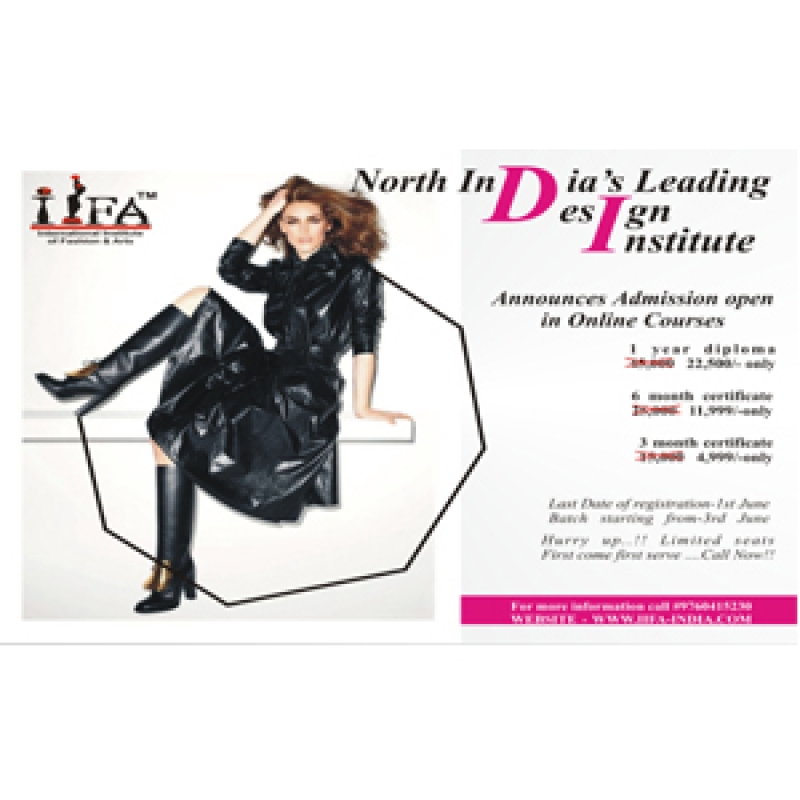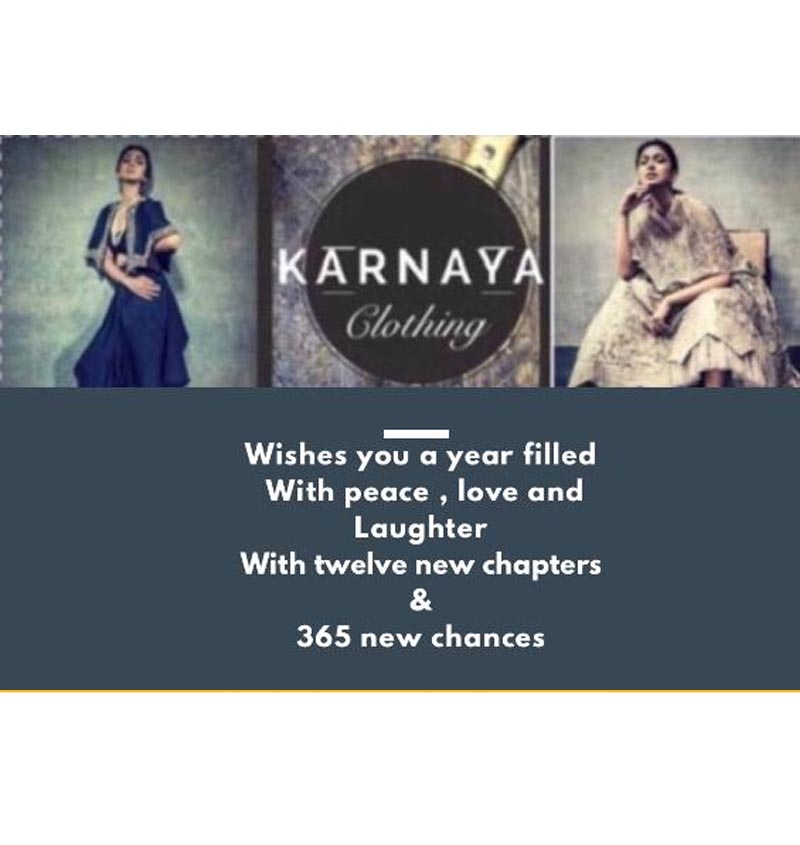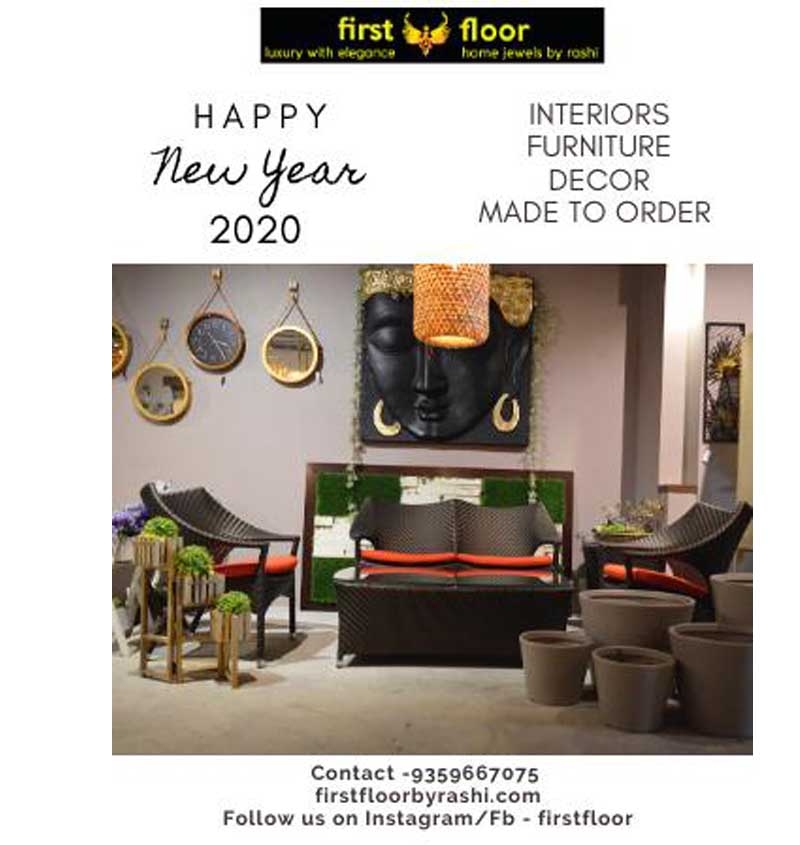Introduction:
Fashion is more than just clothing; it's a form of self-expression, identity, and communication. Behind every fashion trend and purchase decision lies a complex interplay of psychological factors that influence consumer behavior and shape the design landscape. From the allure of luxury brands to the appeal of sustainable fashion, understanding the psychology behind fashion can provide valuable insights into consumer preferences, motivations, and trends. In this article, we delve into the fascinating field of fashion psychology, exploring how it influences consumer behavior and drives trends in design.
The Psychology of Fashion Consumption:
At its core, fashion consumption is driven by a myriad of psychological factors, including social influence, self-image, and emotional gratification. Consumers often use clothing as a means of signaling their identity, status, and belonging to social groups. Whether consciously or unconsciously, individuals choose clothing that aligns with their self-concept and desired image, seeking to project a certain persona or express their unique personality traits. Moreover, the emotional connection between clothing and self-esteem can influence purchasing decisions, with consumers seeking out garments that make them feel confident, attractive, and empowered.
Social Influence and Conformity:
One of the most powerful drivers of fashion trends is social influence, as individuals look to others for cues on what is fashionable and desirable. Social media platforms like Instagram, TikTok, and Pinterest have amplified this phenomenon, allowing trends to spread rapidly and globally among peer networks. The desire to conform to social norms and fit in with one's social group can lead individuals to adopt certain styles, brands, and aesthetics, perpetuating trends and shaping collective tastes. Moreover, the rise of influencer culture has further fueled the aspirational nature of fashion consumption, with consumers seeking to emulate the lifestyles and wardrobes of their favorite influencers and celebrities.
Emotional and Symbolic Meaning:
Beyond its functional purpose, clothing carries significant emotional and symbolic meaning for consumers, evoking memories, aspirations, and cultural associations. Certain garments or accessories may hold sentimental value, serving as mementos of special occasions or cherished relationships. Moreover, clothing can act as a form of self-expression, allowing individuals to convey their values, beliefs, and cultural identity through their style choices. Whether it's the rebellious spirit of punk fashion or the timeless elegance of a little black dress, clothing can communicate powerful messages and evoke emotional responses that transcend the materiality of the garment itself.
Trends in Design: Balancing Psychology and Creativity:
Understanding the psychological drivers behind fashion consumption is essential for designers seeking to create collections that resonate with consumers and stand the test of time. By tapping into consumer desires, motivations, and aspirations, designers can anticipate trends, innovate creatively, and design garments that capture the zeitgeist of the moment. Moreover, designers can leverage psychological principles, such as color psychology, sensory perception, and cognitive biases, to create compelling brand narratives, memorable shopping experiences, and emotionally resonant designs.
Furthermore, the growing emphasis on sustainability and ethical fashion presents new opportunities for designers to align their values with consumer preferences. By prioritizing transparency, inclusivity, and environmental stewardship, designers can build trust with consumers and forge meaningful connections that go beyond the transactional nature of fashion consumption. As the fashion industry continues to evolve, fashion psychology will play an increasingly important role in shaping design strategies, marketing initiatives, and consumer experiences, ensuring that fashion remains a powerful form of self-expression, cultural expression, and social connection.



















Your Message